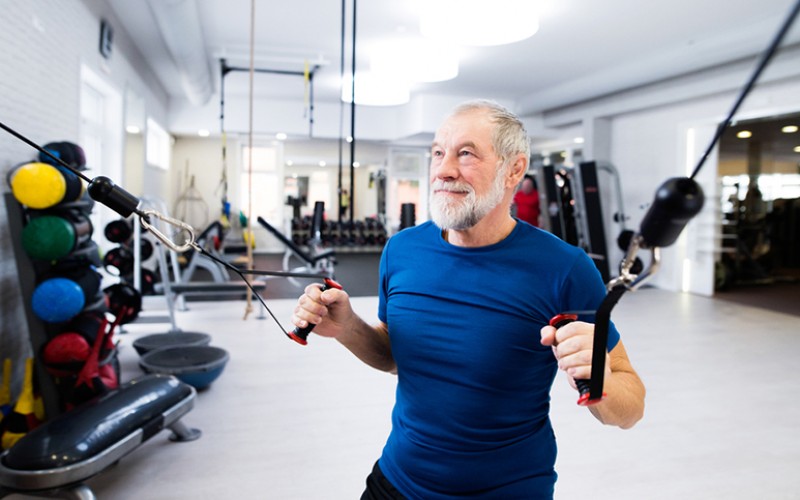
18 Jan Low Testosterone Treatment and Bone Strength
There are so many men today who are struggling with low testosterone, or low T, and the number of side effects associated with this condition. Many men are aware of the weight gain, mood changes and erectile dysfunction that accompany low testosterone issues. However, they may not be aware of the fact that low testosterone can actually be linked to low bone density issues.
While osteoporosis, or low bone density is more commonly associated with women, over 2 million men in the United States currently have osteoporosis, and as many as 13 million men are struggling with low bone mass. Low testosterone is thought to be a secondary cause of male osteoporosis and bone density issues. Osteoporosis isn’t just about being fragile, but they can actually lead to long-term disability issues and chronic pain.
The good news is that there have been several studies on Testosterone Replacement Therapy, or TRT, and its ability to improve bone mineral density in men. Over time, low testosterone can lea to more bone mass loss over time. This means, the older you get, and the longer you’ve been struggling with low T, the weaker your bones may get as you age.
While this research is promising, it is still important for men to be able to identify the symptoms of low bone mass and low testosterone so that they can get the treatment and help that they need. It can be a difficult issue to diagnose and problems typically sneak up on you without warning. Bone mass generally decreases gradually, making it difficult to spot these issues as they are developing.
However, there are a few signs and symptoms that you can be on the lookout for. This includes:
- Chronic neck pain
- Back pain from compression fractures in the vertebrae
- Bent over posture from weakened bones in the spine
- Change in height, or “getting shorter” as you age
- Easy fracturing of the bones, or fractures from low force falls or injuries
If you already have a diagnosed low testosterone issue, then you want to make sure that you stay on top of your bone density health. Some of the most common symptoms of low testosterone include: fatigue, abdominal weight gain, low libido, depression, anxiety, ED, loss of muscle mass and more.
If you are looking for more information on testosterone replacement therapy, and what it may be able to do for you, contact the experts here at LT Men’s Clinic for more information on our testosterone treatments. You can call us directly at 817-369-3605 for more information or to schedule an appointment with one of our experts.
